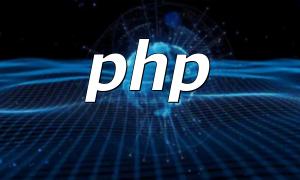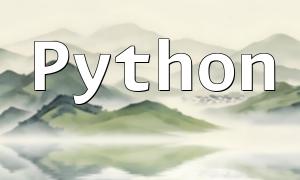As online education continues to grow, quiz platforms have become increasingly popular as a means of learning. To keep users engaged and motivated, many platforms are now introducing task-based reward systems and achievement tracking. This article explores how to implement these features using PHP, providing practical code examples for developers.
A task reward system encourages users to complete specific objectives such as daily quizzes, maintaining answer streaks, or sharing content. Upon completion, users receive rewards like points, virtual currency, or other benefits. Here's a basic implementation example in PHP:
# Define task list
tasks = [
{"id": 1, "name": "Daily Quiz", "type": "daily", "target": 5, "reward": 10},
{"id": 2, "name": "Streak Completion", "type": "continuous", "target": 7, "reward": 20},
{"id": 3, "name": "Share Quiz", "type": "share", "target": 3, "reward": 5}
]
# Function to process task completion
def complete_task(user_id, task_id):
user = get_user(user_id)
task = get_task(task_id)
# Grant rewards based on task type
if task["type"] == "daily":
user["score"] += task["reward"]
elif task["type"] == "continuous":
user["score"] += task["reward"]
elif task["type"] == "share":
user["score"] += task["reward"]
user["coins"] += task["reward"]
# Mark task as completed
task["completed"] = True
# Update user and task records
update_user(user)
update_task(task)
An achievement system provides users with badges or titles as rewards for reaching milestones or completing more challenging goals. These incentives enhance user satisfaction and long-term engagement. The following example shows how to implement this feature:
# Define achievement list
achievements = [
{"id": 1, "name": "Beginner", "target": 50, "reward": "Beginner Badge"},
{"id": 2, "name": "Quiz Master", "target": 500, "reward": "Master Badge"},
{"id": 3, "name": "Unlock All Questions", "target": 100, "reward": "All-Rounder Badge"}
]
# Function to handle achievement completion
def complete_achievement(user_id, achievement_id):
user = get_user(user_id)
achievement = get_achievement(achievement_id)
# Mark as completed
achievement["completed"] = True
# Grant reward
user["badges"].append(achievement["reward"])
user["score"] += achievement["target"]
# Update user and achievement data
update_user(user)
update_achievement(achievement)
The examples above use simple data structures. In real-world applications, it is recommended to integrate these systems with a database for better scalability and maintainability. Tasks and achievements should be configurable to fit the specific needs of the platform.
By incorporating task-based rewards and achievement systems, developers can significantly boost user engagement on online quiz platforms. This approach not only enhances the learning experience but also increases user retention and platform activity.









